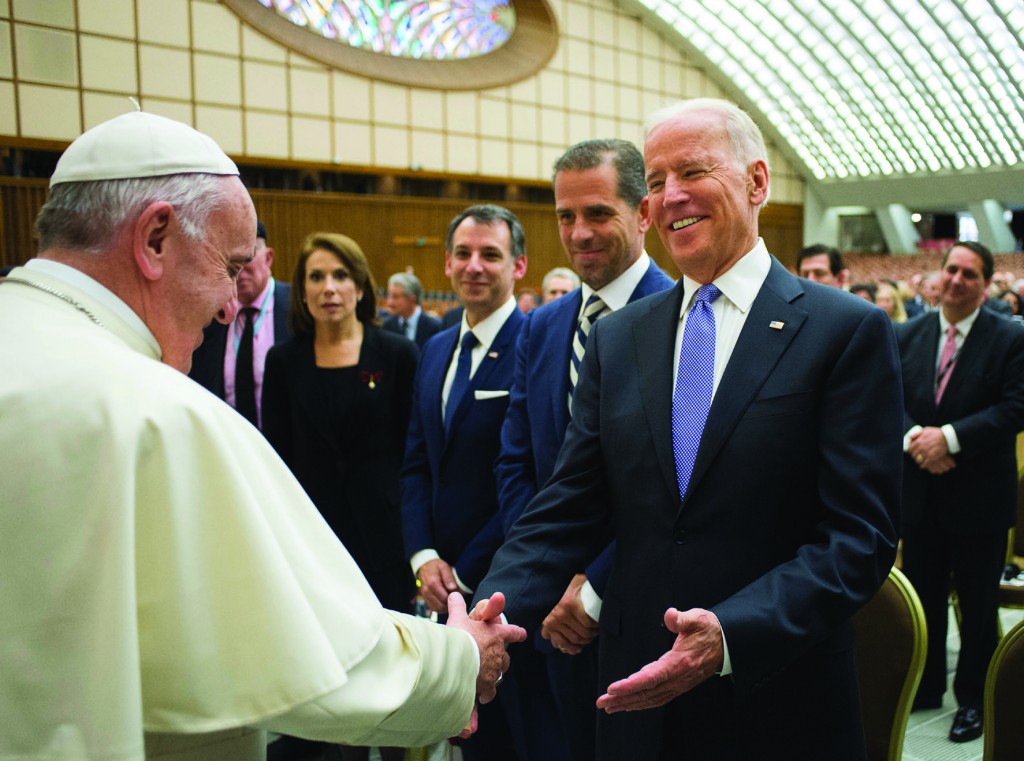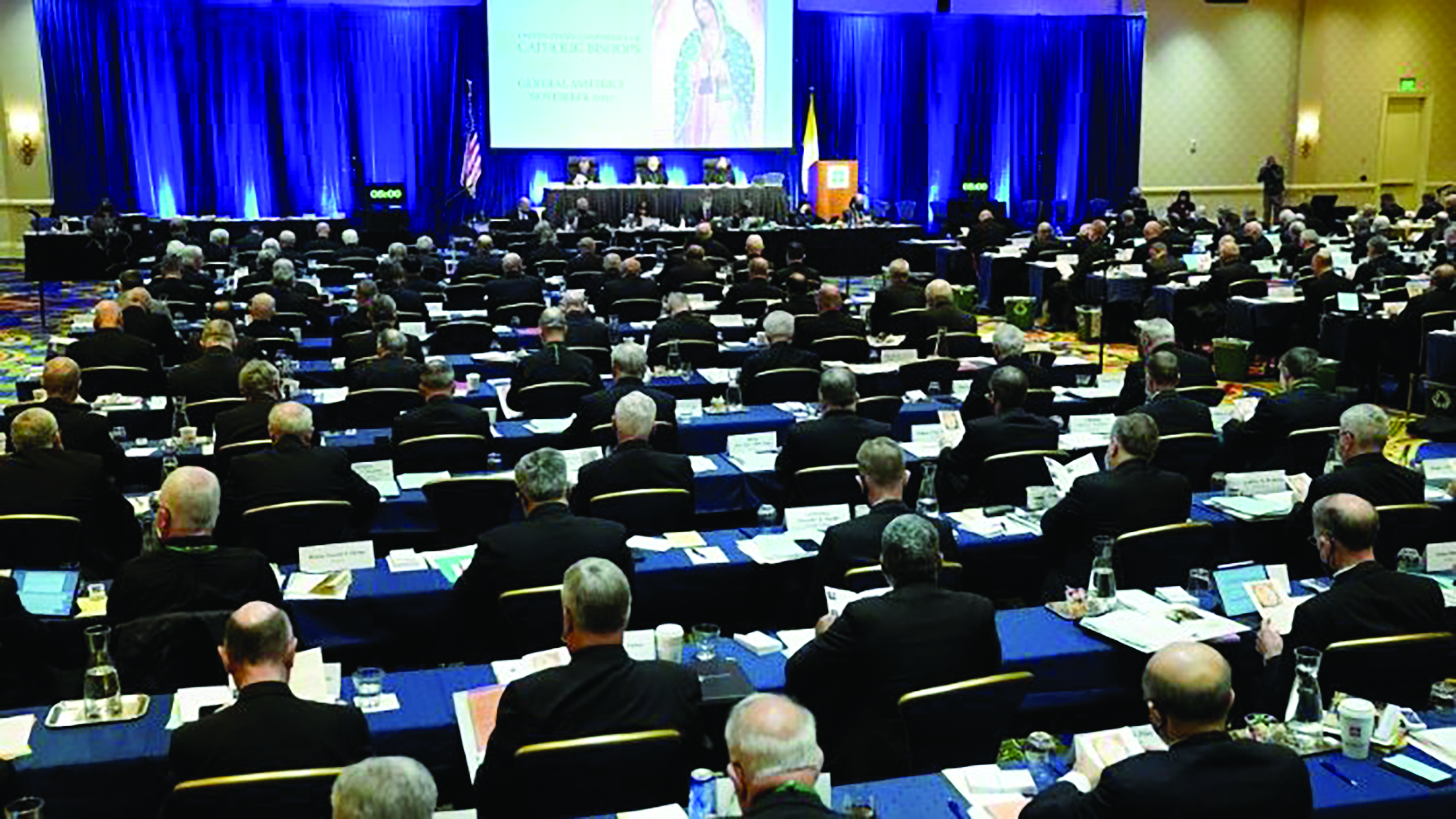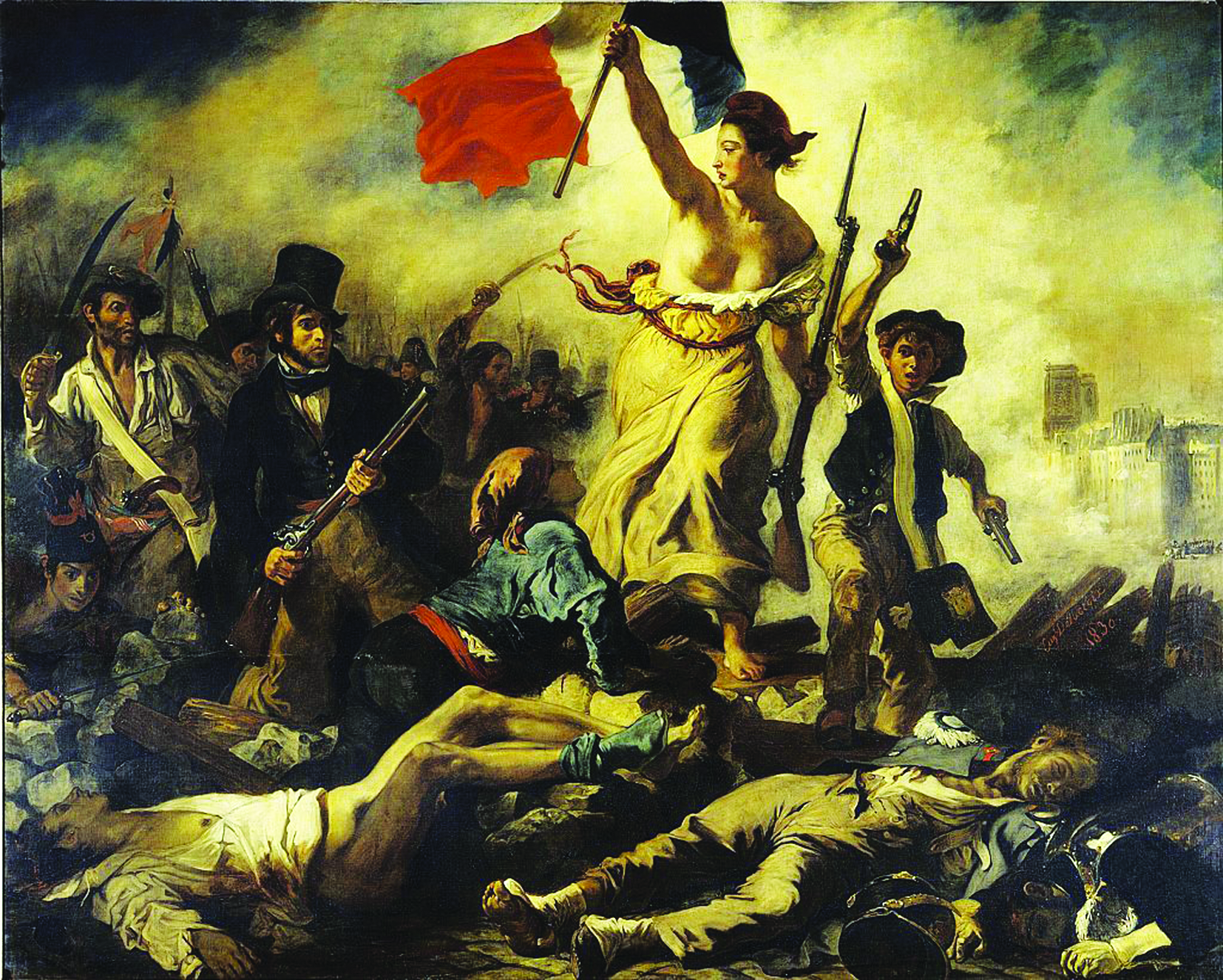
Pope Francis greets U.S. Vice President Joe Biden after both spoke at a conference on adult stem cell research at the Vatican April 29 (CNS photo/L’Osservatore Romano, handout)
Pope Francis on April 29 spoke to participants in an International Conference on the Progress of Regenerative Medicine and its Cultural Impact. The Conference was sponsored by the Pontifical Council for Culture, the Stem for Life Foundation, and the STOQ (“Science, Theology and the Ontological Quest”) Foundation.
The conference, entitled “Cellular Horizons: How Science, Technology, Information and Communication Will Impact Society,” gathered together scientists, physicians, patients, religious leaders, philanthropists and government officials to discuss healing options involving different forms of stem cell therapy, specifically using adult stem cells.
In his address, Pope Francis focused on three aspects of the commitment of the Pontifical Council for Culture and the institutions working with it.
“It is fundamentally important that we promote greater empathy in society,” the Pope said, “and not remain indifferent to our neighbor’s cry for help, including when he or she is suffering from a rare disease.”
The Holy Father also emphasized the importance of research, in terms of “education and genuine scientific study.” Research, meanwhile, “requires unwavering attention to moral issues if it is to be an instrument which safeguards human life and the dignity of the person.”
The third aspect highlighted by Pope Francis was “ensuring access to care.” A desire for profit should never prevail over the value of human life. By drawing attention to and educating people about rare diseases, by increasing funds for research, and by promoting “necessary legislation as well as an economic paradigm shift,” he continued, “the centrality of the human person will be rediscovered.”
U.S. Vice President Joe Biden attended the summit, where he offered praise to Pope Francis and advocated for a global push to cure cancer. Biden opened his keynote speech by recalling how while visiting the U.S. last September, Pope Francis had comforted him for the loss of Biden’s eldest son Beau, who passed away last summer at the age of 46 from brain cancer. Biden thanked the participants for their “tenacity” in seeking to find cures and better treatments for rare diseases and cancer, and voiced his confidence that “we stand on the cusp of unprecedented scientific breakthroughs” but more must be done.
It was the third conference organized at the Vatican on regenerative medicine. The first was in 2011 and the second in 2013.
Dr. Patrick Soon-Shiong: “Pontifical Key Visionary” Award Recipient in Fight against Cancer
At the Vatican’s regenerative medicine event, I met surgeon and researcher Dr. Patrick Soon-Shiong, the founder of the Cancer Moon Shot 2020 program, a collaborative alliance of large pharma and biotech companies, businesses, oncologists and academicians working together to speed up development of new combination “immunotherapies” in cancer treatment.
Dr. Soon-Shiong and his team are developing new, personalized vaccines which educate the body’s own immune system to defend itself against cancer cells and kill them off. He explained to me how the vaccines work: “What we’ve discovered, sadly, is that cancer is a treacherous thing in the sense that it’s now made out of multiple clones, some asleep, some awake. So when we’ve been treating it heretofore with high dose chemotherapy, we may have killed those clones that were awake but we actually let those clones that were asleep escape and create metastasis. And then we call this incurable and the patient suffers some of the high toxicity of the chemotherapy. We’ve now taken a completely different approach. We can identify all these clones through a genomic test. We can identify the sequences that are causing this cancer to grow and to spread, and take these sequences and educate your immune system back again to go and kill the cancer from outside.”
Pope Francis would like to see these therapies more widely available to people who are suffering…
Soon-Shiong: It was such an inspiration… for us to be here, to be with the Pope. And he is absolutely right… You need to have the ability to have the poor, the underdeveloped countries, the community, to have access to these kinds of medications. To me, what’s exciting is: I think I’ve come to realize that actually your human body is a biological factory, a pharmaceutical factory of the future. And if we can activate your human body with therapies that cost pennies, maybe dollars — and that’s exactly what this vaccine does — we can fight cancer more effectively.
—Tracy McClure (CNA)






Facebook Comments